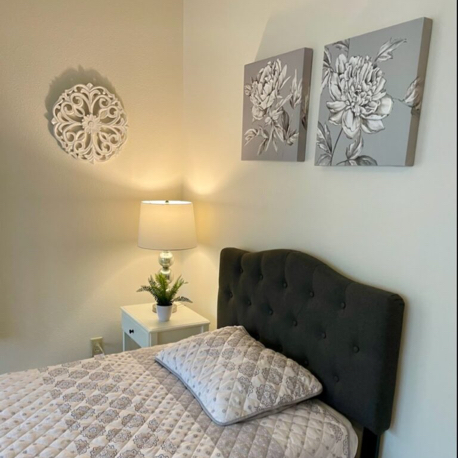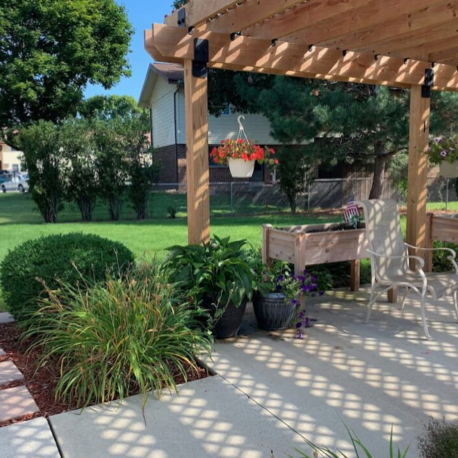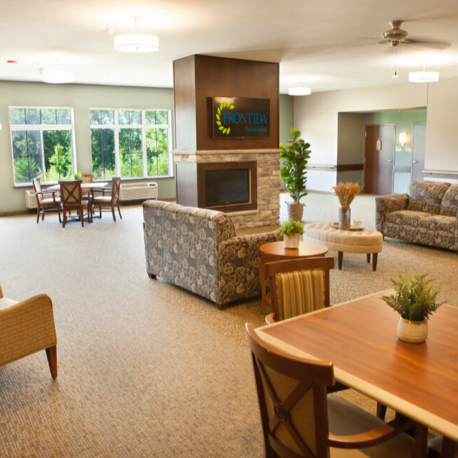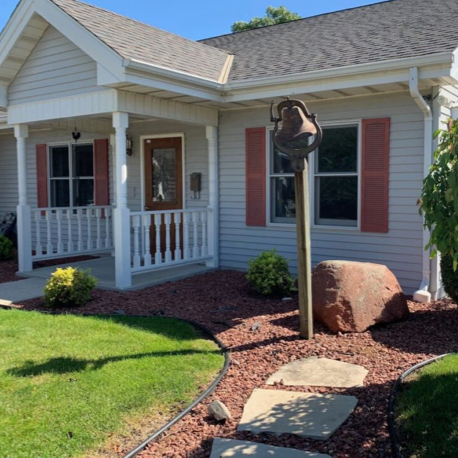Staying socially connected isn’t just enjoyable—it’s essential to healthy aging. As we grow older, maintaining an active social life supports mental health, sharpens memory, and helps prevent feelings of loneliness and isolation.
For many seniors, however, social engagement can become more difficult due to mobility challenges, health concerns, or simply a lack of opportunities.
Helping older adults stay engaged in social activities means empowering them to build relationships, express themselves, and stay connected to the world around them. Whether they’re naturally outgoing or more reserved, small efforts can make a big impact.
Assisted living communities offer environments for seniors to stay socially active, encouraging as much interaction as possible with caregivers and other residents.
Why Social Engagement Matters for Seniors
Social isolation can have serious consequences. Research shows that loneliness in older adults is associated with a higher risk of depression, cognitive decline, and chronic illness. On the other hand, regular social interaction can lead to:
- Improved emotional well-being
- Slower rates of memory loss
- Enhanced physical health & mobility
- A stronger sense of identity & purpose
Encouraging seniors to participate in meaningful activities helps them feel included and valued, which is key to long-term happiness and wellness.
How to Help Seniors Stay Socially Engaged
A little encouragement can make a significant difference. When your loved one has access to opportunities and the support needed to navigate challenges, they can experience satisfaction in fostering social connections.
Feeling good about participating can make engagement feel more natural and enjoyable.
Encourage Time in Common Areas
Sometimes, just being in shared spaces can spark connections. Comfortable lounges, sunrooms, gardens, and activity areas create organic opportunities to chat, play cards, or enjoy quiet company.
Spending time in common areas is especially helpful for those who feel hesitant to join formal groups. Simply being near others can ease the transition from solitude to community.
Make Meals a Social Experience
Food brings people together. When seniors dine with others, meals become more than just nourishment—they become opportunities for conversation, laughter, and companionship.
Encourage communal dining whenever possible. A friendly chat over breakfast or lunch can set a positive tone for the entire day and help build lasting relationships with fellow residents.
Support Participation in Hobby Groups
Group activities are an ideal way to engage socially while pursuing shared interests. Popular hobbies for seniors include:
- Painting, knitting, & other creative arts
- Book clubs or bible studies
- Gardening or nature walks
- Game nights with cards or board games
Whether it’s something familiar or a new skill they’d like to try, hobby groups help foster a sense of belonging—and can even spark joy and creativity.
Encourage Regular Movement with Others
Seniors should aim to get at least 150 minutes of moderate-impact exercise per week alongside strength and balance exercises, so why not try to help your loved one improve their physical health?
Staying physically active can be more enjoyable with company. Group fitness classes like chair yoga, stretching, or walking groups offer seniors a chance to move their bodies while connecting with peers.
Even gentle movement can help boost mood, reduce stress, and improve circulation, and group settings make it fun and motivating. Participating with friends, family, or neighbors can also encourage your loved one to maintain a consistent routine, amplifying the positive effects.
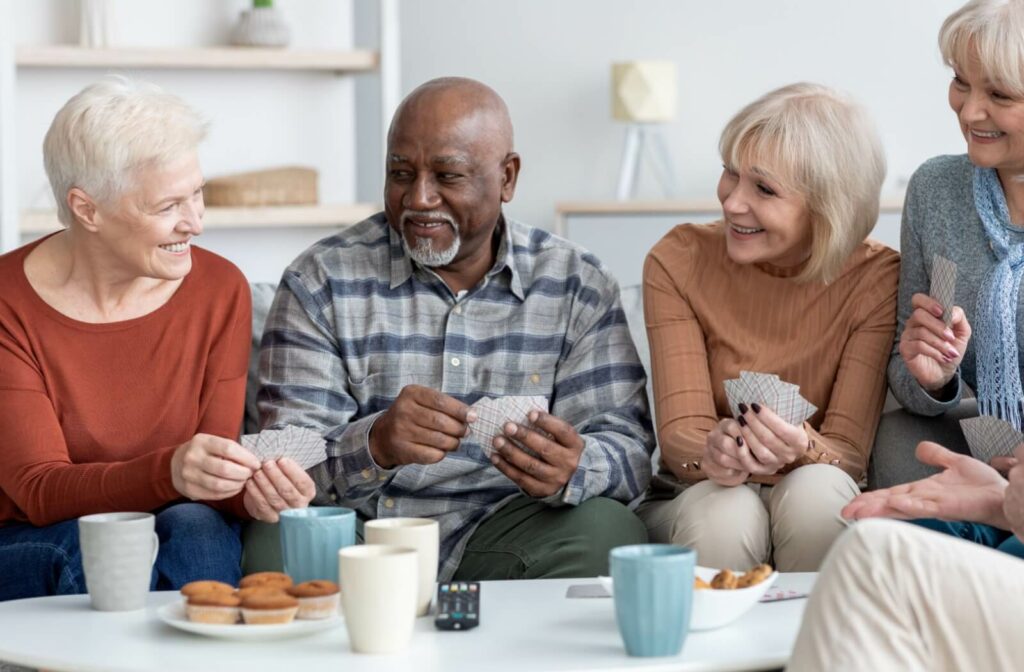
Suggest Participation in Events & Outings
Social calendars are a highlight of many senior living communities. Activities like movie nights, holiday parties, live music, or themed dinners provide a fun way to meet people and build community.
Scheduled outings—to a local park, museum, or ice cream stand—can also provide a refreshing change of pace and a deeper connection with the surrounding area.
If your loved one isn’t sure where to start, reviewing the activity calendar together can help. Look for events that match their interests and gently encourage them to try something new.
Offer Technology as a Bridge
Technology can help fill in the gaps between in-person visits and activities. With a little support, seniors can use devices to:
- Video chat with friends & family
- Join online discussion groups or book clubs
- Watch virtual concerts or church services
- Stay updated on loved ones’ lives through social media
Technology offers numerous engaging ways to connect and have fun. These tools can supplement in-person interaction and provide comfort and connection, especially for those with mobility or health limitations.
Build on Their Personal Interests
Not all social engagement needs to be in a group. Some seniors thrive in one-on-one interactions, like helping a neighbor with gardening or chatting with a caregiver during a walk.
Understanding your loved one’s personality and preferences is key. Whether they enjoy sharing stories, listening to music, or quietly working on a puzzle near others, the goal is to help them feel seen, respected, and connected in their own way.
Involve Family & Friends
Maintaining close relationships with family and longtime friends can have a powerful impact on a senior’s sense of security and happiness. Here’s how you can help:
- Visit regularly & join in activities
- Send letters, cards, or photo albums
- Celebrate milestones & holidays together
- Encourage younger family members to call or video chat
Being part of a multigenerational support network can help seniors feel deeply loved and remembered.
Help Set Achievable Social Goals
If your loved one has withdrawn or is hesitant to participate, help them build confidence with small steps. You might set a goal of:
- Attending one group activity per week
- Introducing themselves to one new person
- Spending 30 minutes each day in a common area
Celebrate small wins. These small actions can become meaningful habits that bring joy and routine with time.
Remove Barriers & Offer Encouragement
Sometimes, addressing a small barrier is all it takes to help someone participate more socially. You might eliminate obstacles with the right shoes for a walk, help with transportation, or coordinate with staff to support memory care needs.
Offer encouragement without pressure, and be patient as they adjust. Social confidence may take time to rebuild—but with consistency and care, it often does.
A Life of Connection Starts with the Right Support
Helping seniors stay socially active isn’t about packing their schedule—it’s about helping your loved one find joy in everyday moments and feel connected to the people around them.
With the right environment, encouragement, and support, older adults can continue to thrive socially, discovering new friendships, rediscovering passions, and feeling a sense of belonging every day.
At Frontida Senior Living, social connection is at the heart of our care philosophy. We offer a full calendar of meaningful activities, supportive team members who build genuine relationships, and warm spaces where residents can be themselves.
Schedule a tour today to see how we help residents stay engaged, connected, and empowered—every step of the way.


